Trump says israel has agreed to his 20-point peace plan to end war in Gaza
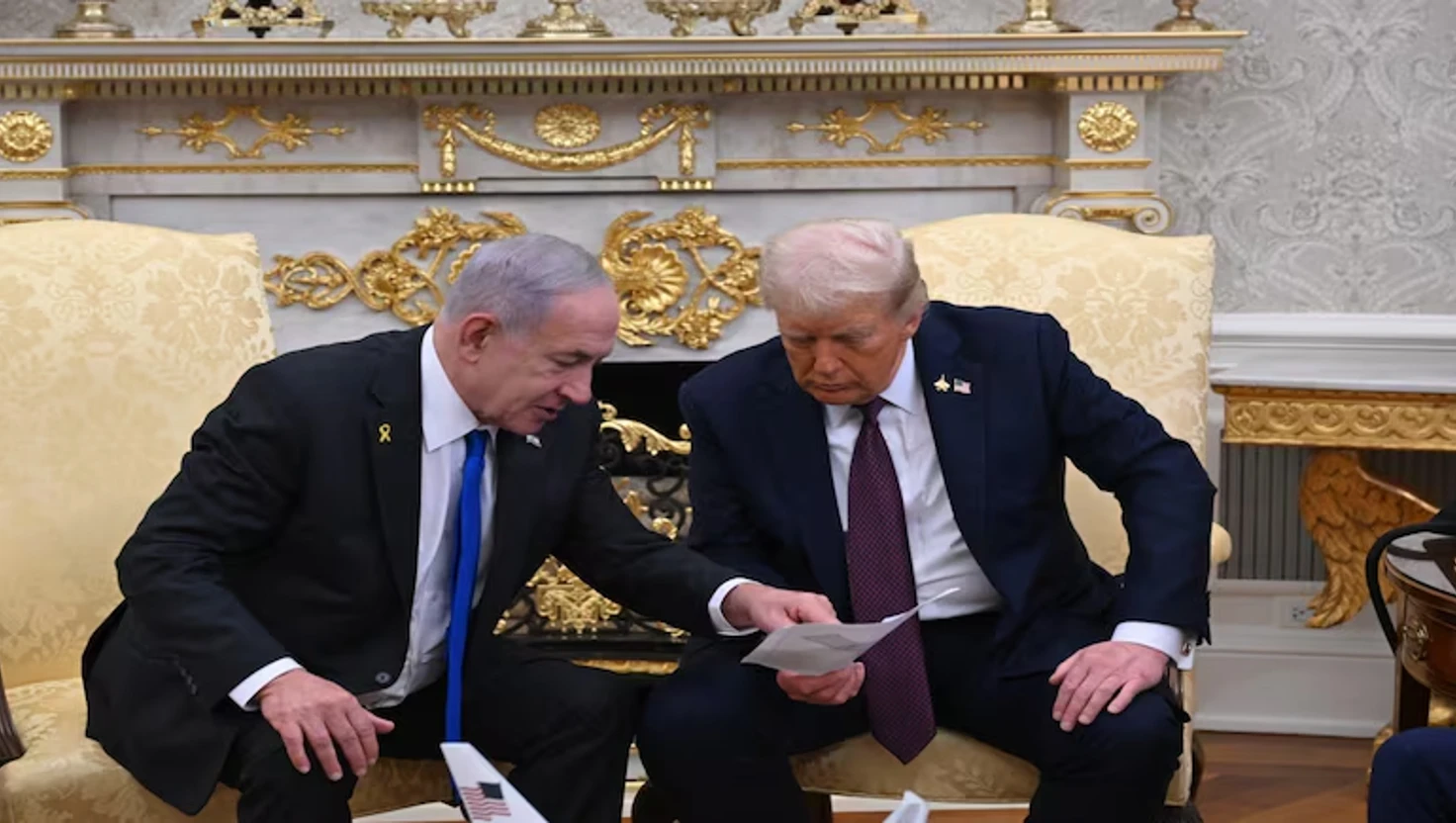
Trump Praises Israel's Acceptance of Gaza Peace Plan Amid Tensions
US President Donald Trump commends Israel's agreement to his Gaza peace proposal while cautioning Hamas against rejection.
United States President Donald Trump has hailed what he termed a 'historic day' after Israeli Prime Minister Benjamin Netanyahu agreed to a 20-point peace plan aimed at resolving the ongoing situation in Gaza. Speaking at the White House, Trump acknowledged Netanyahu's commitment and further warned the Palestinian militant group Hamas of serious consequences should they reject the proposal.
The Peace Proposal
The peace plan articulated by President Trump outlines several key conditions for establishing stability in Gaza. He indicated that upon mutual agreement from both parties, hostilities would cease immediately, allowing for the withdrawal of Israeli forces aligned with the release of hostages held by Hamas. During the initial phase of this process, a ceasefire would be observed to facilitate talks.
Key elements of the plan include the establishment of a 'temporary international stabilization force' to help maintain order in the region, alongside provisions for a transitional authority led by Trump himself. Notably, the framework stipulates that Hamas militants must fully disarm and would not be permitted to partake in future governance decisions. However, amnesty would be granted to any individuals who agree to peacefully coexist.
Following the proposed Israeli withdrawal, borders are set to be opened for humanitarian aid and investment aimed at rebuilding Gaza. In a shift from previous narratives, the plan advocates for the encouragement of Palestinians to remain in their homeland, rather than being displaced, with the intention of fostering improved living conditions.
Regional Reactions
Trump's announcement follows significant diplomatic engagement with several Arab leaders at the United Nations last week. He expressed confidence that all parties involved were supportive of a long-overdue peace initiative. 'ALL ARE ON BOARD FOR SOMETHING SPECIAL, FIRST TIME EVER,' Trump noted in a social media post.
Conversely, Prime Minister Netanyahu's recent rhetoric has evoked skepticism regarding the peace process. In a speech at the UN, he reaffirmed Israel's commitment to conclude its military objectives against Hamas and dismissed notions of Palestinian statehood, particularly in light of recent international recognitions of such a state.
Frustration on the U.S. side has also emerged, particularly regarding Israel's military actions in Qatar, which have strained relations ahead of Netanyahu's crucial visit. Trump has advised against any annexation of the Israeli-occupied West Bank by Netanyahu's coalition government, which comprises far-right factions opposed to peace negotiations.
Voices From Gaza
As tensions continue, Israeli airstrikes persist across the Gaza Strip, resulting in civilian casualties, according to reports from the Hamas-run local civil defence agency. Families of hostages are imploring the U.S. administration to uphold their commitments under the proposed peace plan. The Hostages and Missing Families Forum issued an open letter to Trump, urging him to resist any attempts to undermine the agreement.
In Gaza, public sentiment is a blend of hope and scepticism. Mohammed Abu Rabee, a local resident, expressed doubts about Trump's intentions, stating, 'I don't expect anything from Trump, because he supports Netanyahu in harming Gaza.' His remarks reflect a broader apprehension towards foreign involvement in the region, especially in light of Trump’s previous proposal envisioning Gaza as the 'Riviera of the Middle East.'
Future Prospects
The likelihood of the proposed peace plan's success may depend significantly on Trump's ability to persuade Netanyahu to consider alternatives to military action. According to Natan Sachs, a senior fellow at the Middle East Institute, 'Netanyahu has a clear preference for continuing the war and defeating Hamas, but it's possible for Trump to convince him otherwise.'
The ongoing conflict has escalated dramatically since Hamas’s attack on October 7, 2023, which resulted in a considerable death toll, primarily among civilians. Peace initiatives, such as Trump's plan, seek to mitigate the impact of such violence and establish a trajectory towards resolution, yet acceptance from both parties remains a formidable challenge.
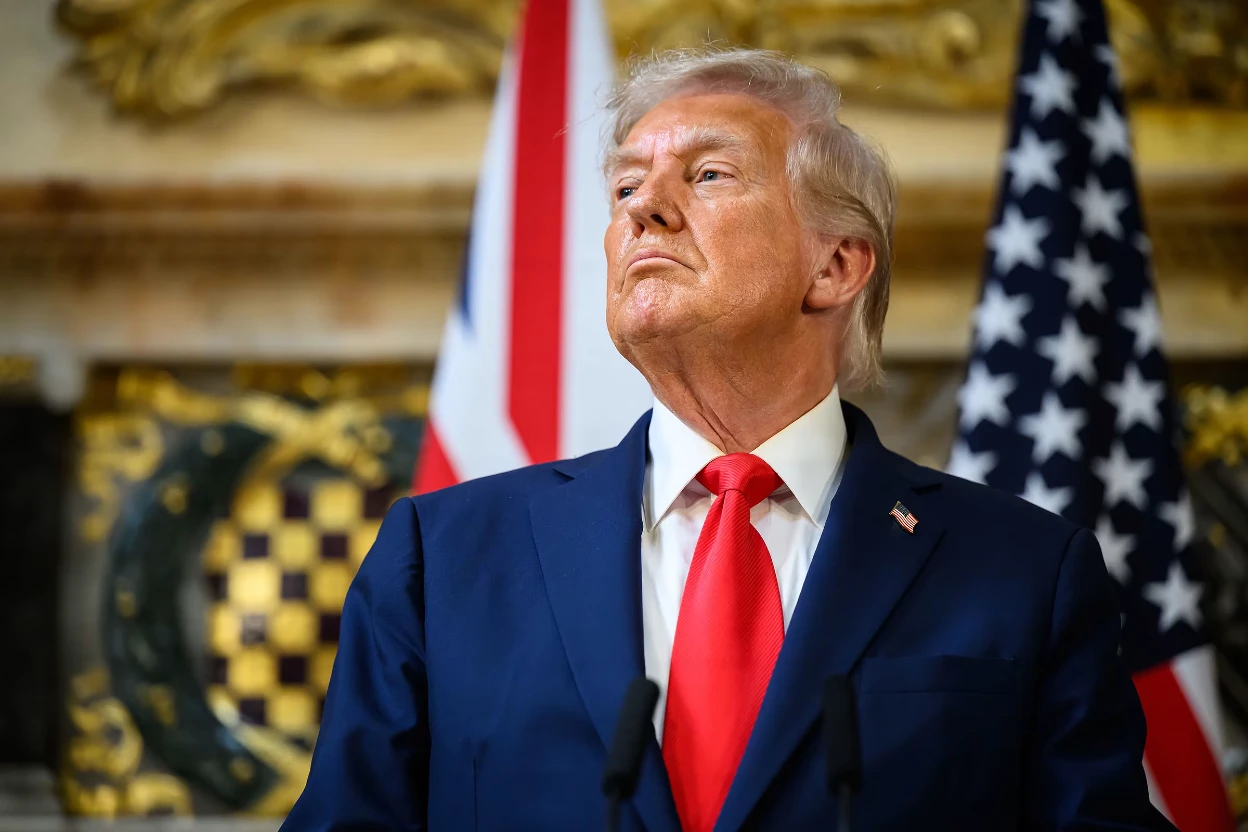
Trump signs proclamation imposing $100K fee on H-1B visas
President Donald Trump announces a new $100,000 fee for H-1B visa applications to restrict foreign worker access and protect US jobs.
| 2025-09-20
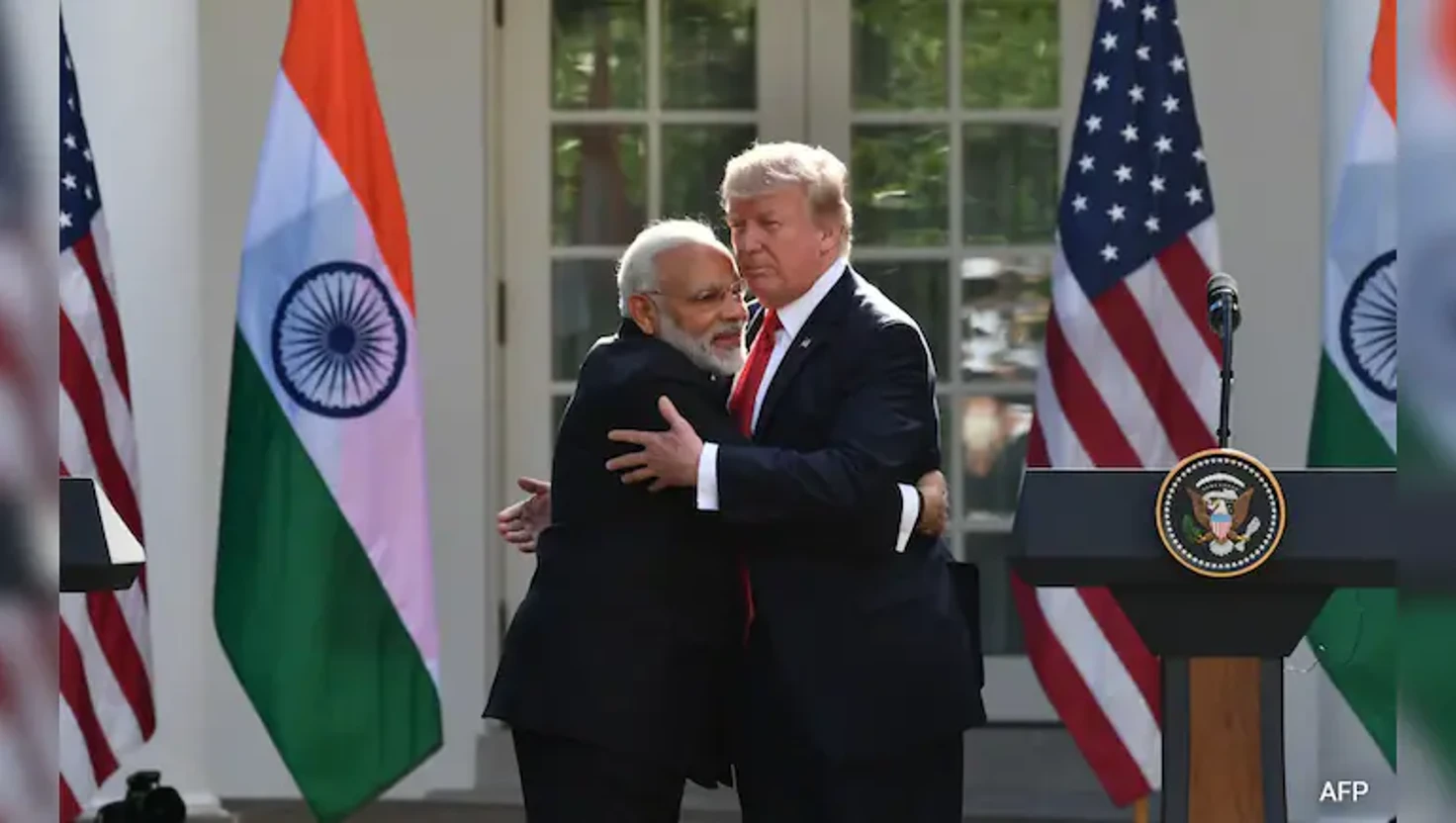
Trump-Modi bonhomie hours after ‘positive’ trade talks resume
US President Donald Trump wishes Indian PM Narendra Modi a happy birthday as trade negotiations resume, addressing key issues between the nations.
| 2025-09-17
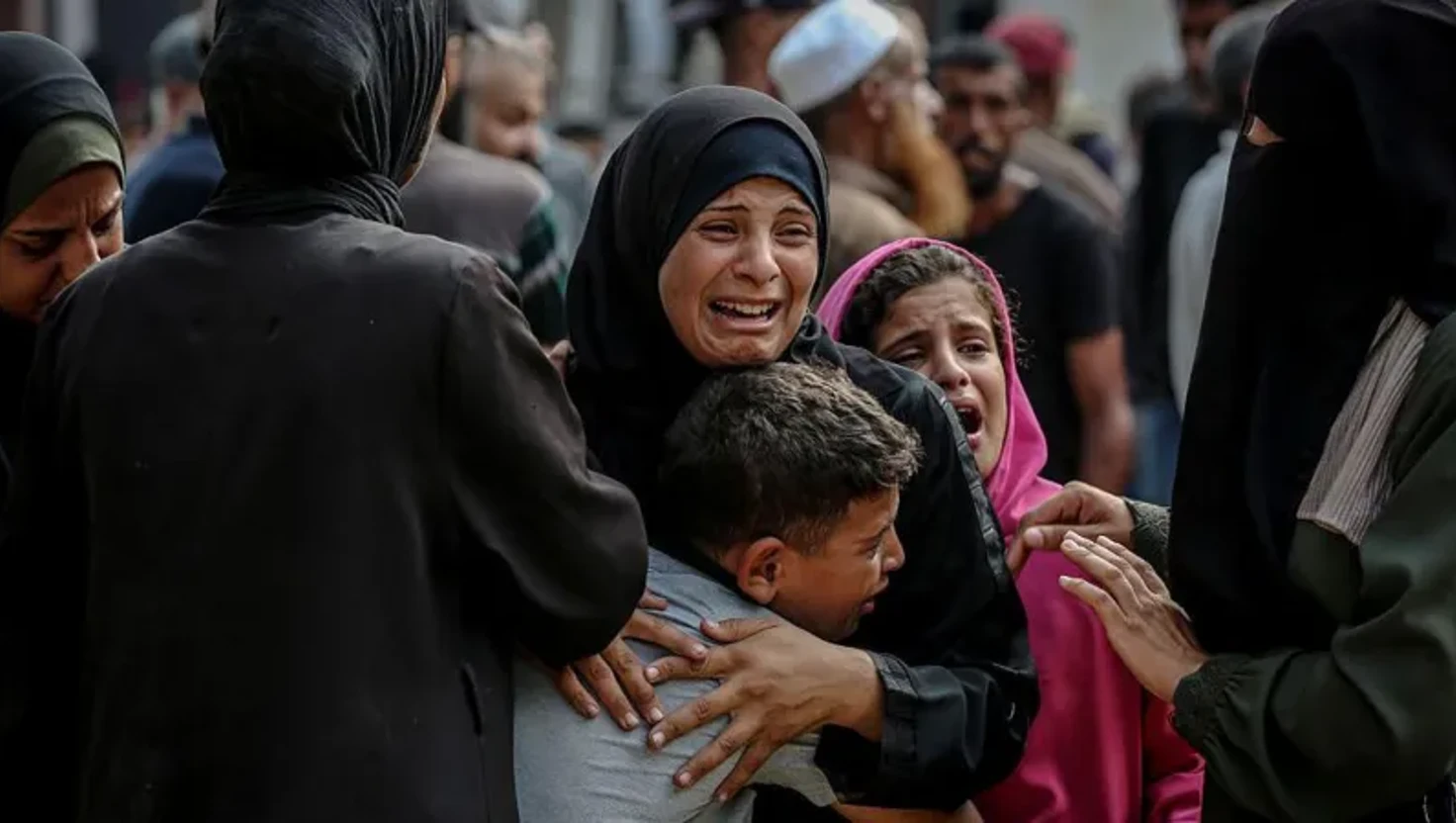
Famine Confirmed in Gaza. 'Failure of Humanity', says UN Chief
Over half a million people face severe hunger in Gaza, leading to a declared famine, as urgent humanitarian aid is sought.
| 2025-08-23
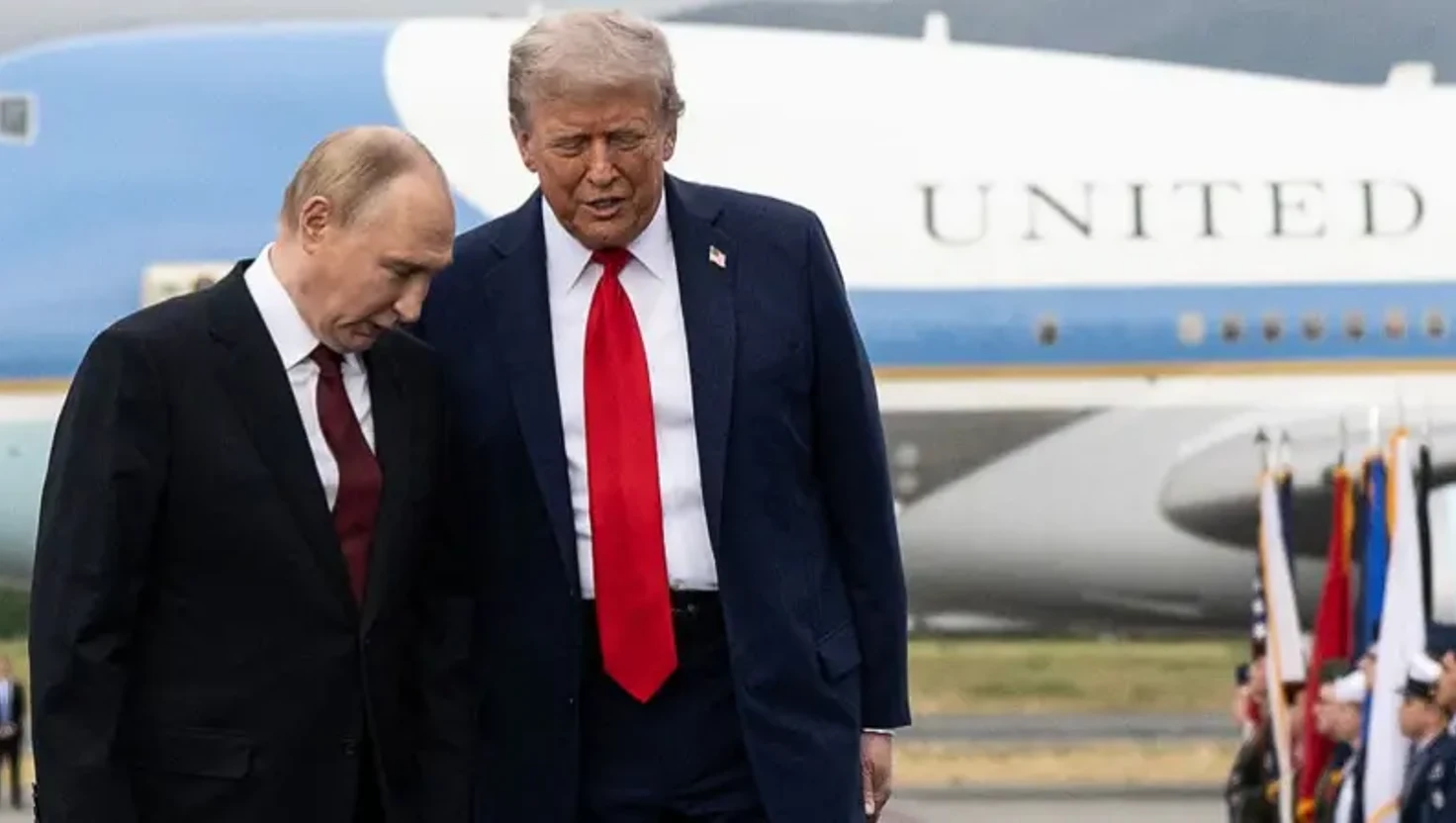
Talks with Trump on Ukraine ‘frank and useful,’ says Putin
Vladimir Putin and Donald Trump held talks in Alaska, viewed as a potential step toward peace in Ukraine, though concessions remain contentious.
| 2025-08-17
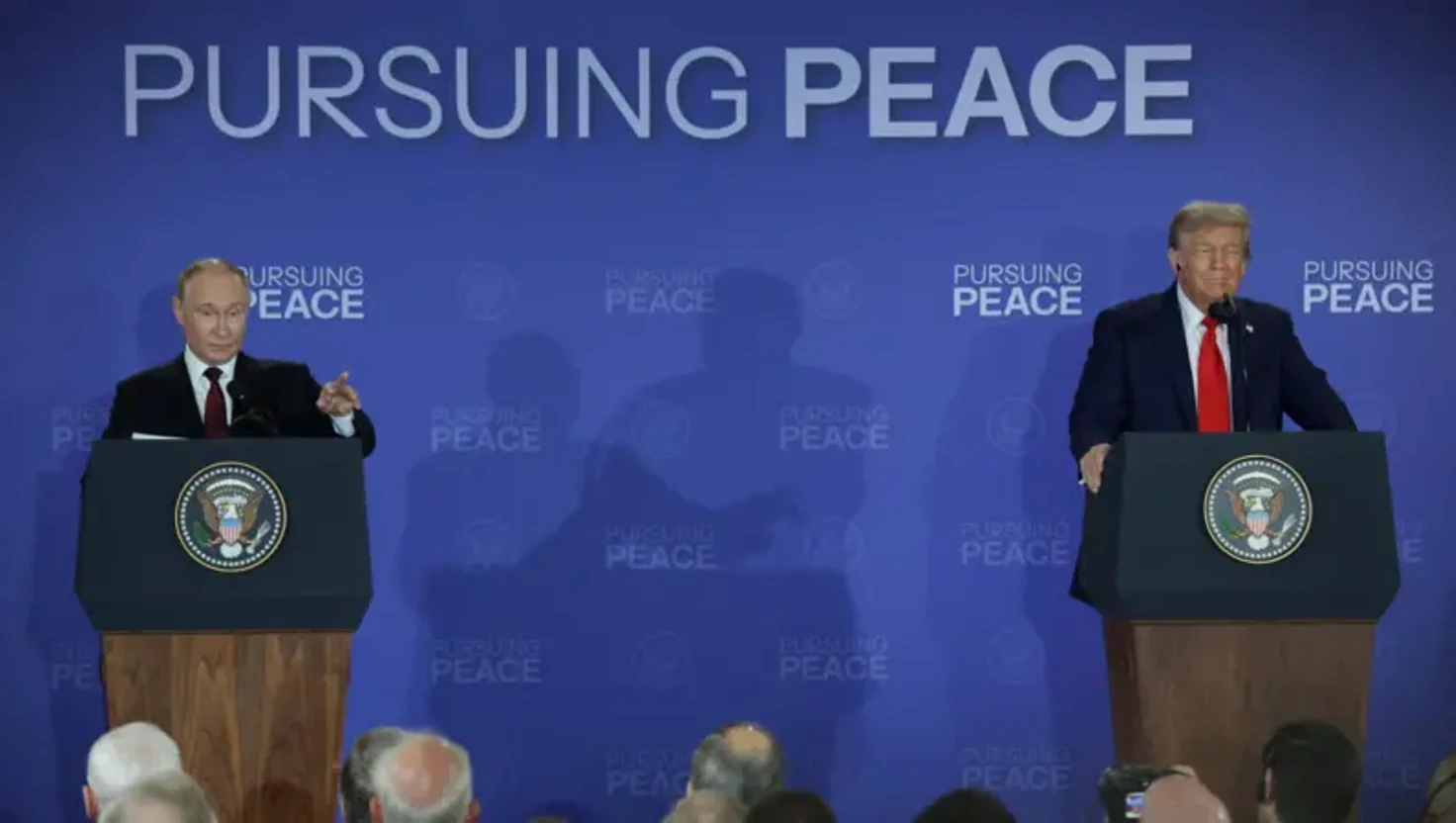
No deal but 'progress made' on Ukraine, says Trump after talks with Putin
US President Donald Trump and Russian President Vladimir Putin complete discussions without a resolution on the Ukraine conflict, characterising talks as productive.
| 2025-08-16




